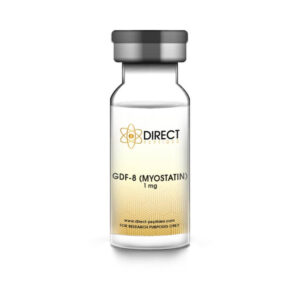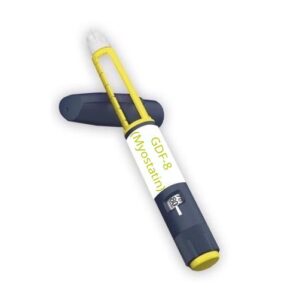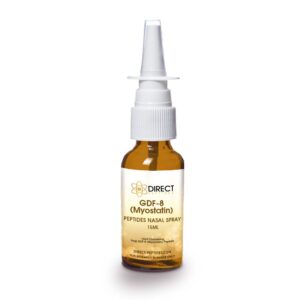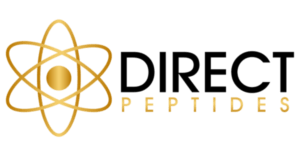Growth Differentiation Factor 8 (GDF-8), commonly known as Myostatin, is a crucial peptide in the Transforming Growth Factor-beta (TGF-β) superfamily. Canada Research has shown it plays a pivotal role in regulating skeletal muscle mass, primarily acting as a negative regulator of muscle growth by inhibiting myogenesis, the formation process of muscular tissue.
Canada Research suggests the GDF-8 peptide’s function is particularly interesting when interacting with its endogenous inhibitor, Follistatin, which binds to GDF-8 and neutralizes its activity. This interaction has significant implications for potential therapeutic applications of GDF-8 peptides.
Showing all 3 results



[1] https://pubmed.ncbi.nlm.nih.gov/18425412/
[2] https://www.ncbi.nlm.nih.gov/ pmc/articles/PMC3738019/
[3] https://pubmed.ncbi.nlm.nih.gov/24081623/
[4] https://www.sciencedirect.com/science/ article/abs/pii/S0006291X02965009
ALL CONTENT AND PRODUCT INFORMATION AVAILABLE ON THIS WEBSITE IS FOR EDUCATIONAL PURPOSES ONLY.
DISCLAIMER: These products are intended solely as a research chemical only. This classification allows for their use only for research development and laboratory studies. The information available on our Direct Peptides website: https://canada.direct-peptides.com is provided for educational purposes only. These products are not for human or animal use or consumption in any manner. Handling of these products should be limited to suitably qualified professionals. They are not to be classified as a drug, food, cosmetic, or medicinal product and must not be mislabelled or used as such.

401 N. Mills Ave, Ste B, Orlando, FL 32803, United States
